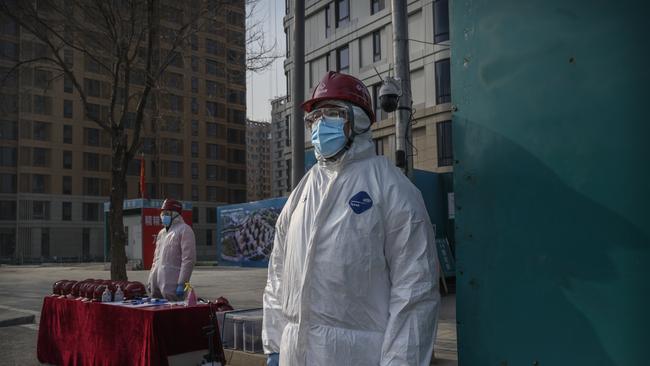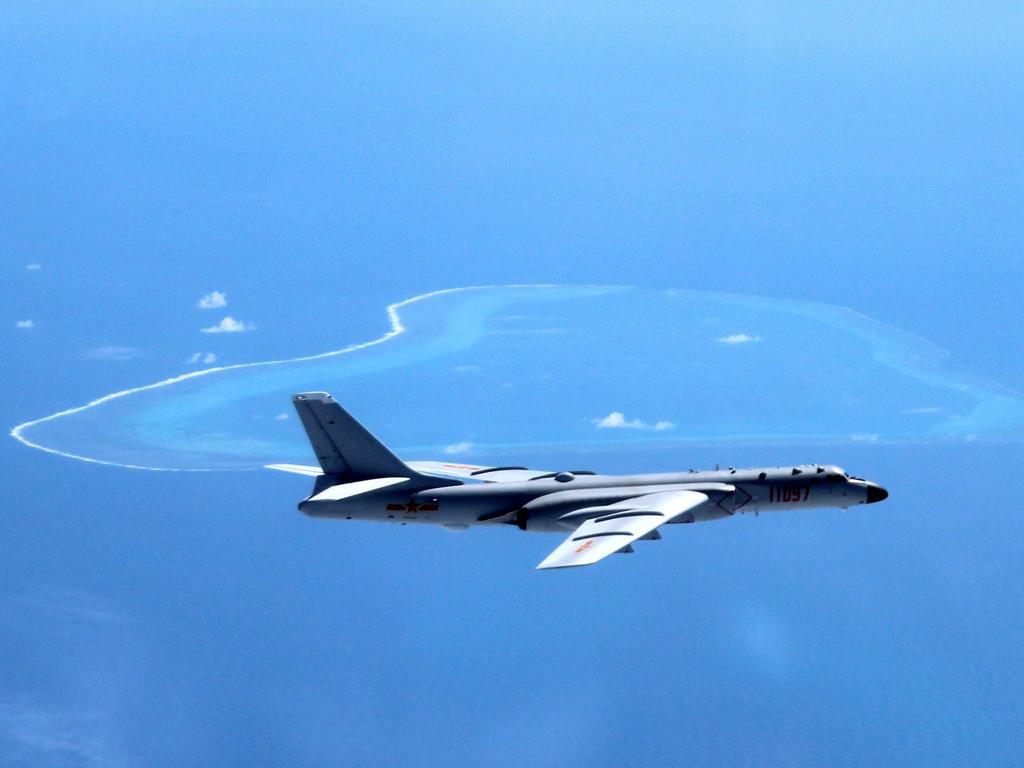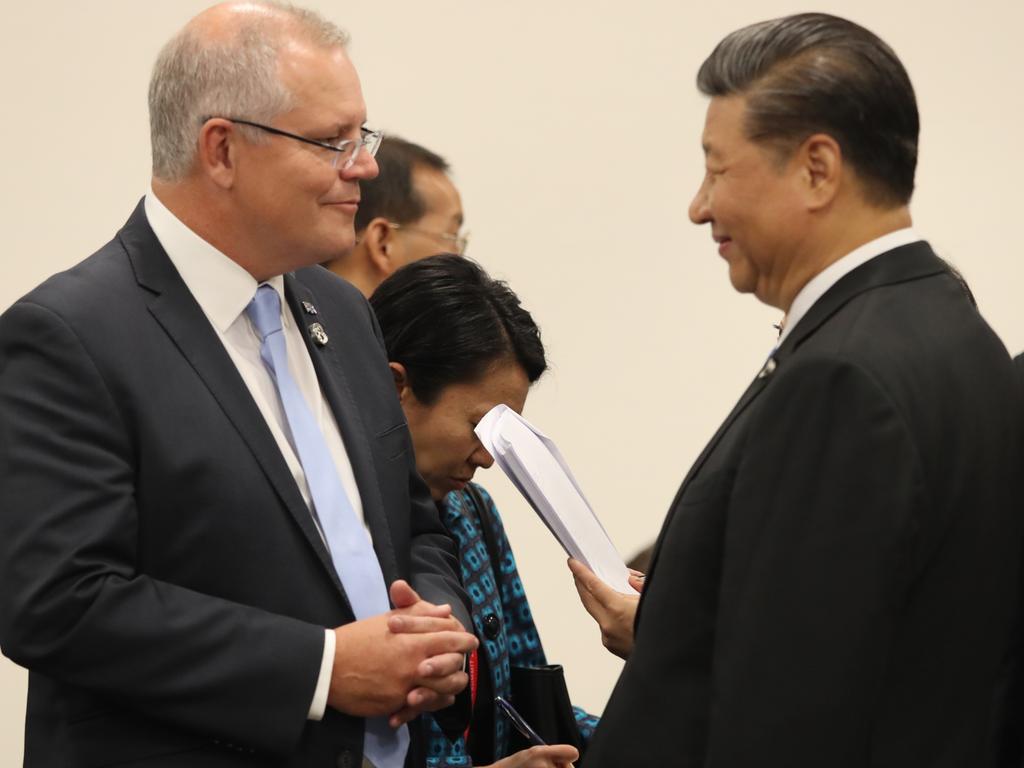Why we should boycott China’s Winter Olympics

Leave aside the question of whether it is appropriate to use the Nazi attempt to wipe the Jewish people from the face of the earth as an analogy for any other mass atrocities. It is indisputable that the Chinese are guilty of crimes against humanity in their repression of the Uighurs, a Muslim community concentrated in the province of Xinjiang.
Over the past three years, China has imprisoned an estimated one million Uighurs, Kazakhs and other Muslim minorities in re-education camps. There they are subjected to brainwashing and torture, forced to renounce their religious beliefs and made to praise the Communist Party instead.
They are also subjected to other abuses including forced labour, sterilisation and abortions to reduce their birth rate and natural population growth to near zero. While denying these outrages, the Chinese regime says that it is involved in a battle against Islamic radicalisation. But the real intention is to erase the Uighurs’ cultural and religious identity and homogenise them into the Han Chinese.
China’s president, Xi Jinping, aims to eradicate any characteristics among the entire population that deviate from those approved by the Chinese Communist Party. So Christians, Tibetan Buddhists and Falun Gong adherents are also held in labour camps, along with political dissidents campaigning for democracy.
President Xi doesn’t just want to stamp out challenges to the Communist Party in China but to dominate the world under the concept of tianxia, that “all under heaven” owe allegiance to Beijing.
The problem is that Britain and the West have allowed China to embed itself deeply in internet technology, power generation and distribution and in many other areas of their infrastructure.
Having previously resisted warnings about the threat posed by the Chinese technology giant Huawei to British security, the government has changed its tune to one of far broader alarm. It has proposed sweeping new powers to review and block mergers and acquisitions from foreign investors such as China if those are believed to compromise national security.
Last week Dominic Raab, the foreign secretary, announced plans to outlaw Chinese imports with links to human rights abuses, introducing fines and possible sanctions against companies connected to slave labour.
The problem, though, lies in identifying these links. As Harald Maass reports in TheSpectator, Coca-Cola has a factory in Urumqi, Xinjiang, where there are thought to be 25 prisons and internment camps within 30km of the company’s plant. Can Coca-Cola, and dozens of other western corporations, be sure that it is not indirectly employing forced labour?
In July a 13-tonne shipment of hair products from Xinjiang, worth more than $US800,000, was seized by US Customs and Border Protection. As Lord Hunt of Kings Heath told peers in a debate in October, this shipment included wigs made from human hair - a chilling finding, considering the many reports and personal testimonies of Uighur women having their heads forcibly shaved in the camps.
Last month the China Research Group of MPs produced a list of measures that Britain should take against China. These included imposing sanctions against Chinese abusers of human rights, banning the export to China of potential surveillance equipment and requiring Chinese firms doing business with British companies to disclose any links to the Chinese government and military. Which would probably rule all of them out.
And shouldn’t we also boycott the 2022 Winter Olympics in Beijing? In 1980, America’s call to boycott the Moscow Olympics over Russia’s invasion of Afghanistan resulted in more than 60 countries staying away from all or part of the games.

There are always claims that such boycotts hurt the athletes but don’t change the host country’s behaviour. Russia remained in Afghanistan for a further nine years until the Soviet Union collapsed. Treating a rogue state like an international pariah, however, heartens its oppressed people and may to help weaken it. Behaving as if it’s a regular country helps to pump up the regime, demoralises its victims by offering tacit endorsement and is simply the wrong thing to do.
Given that any such confrontational stance would provoke Chinese retaliation, one particular initiative the government has already taken is essential. It has invited India, South Korea, and Australia to join this year’s G7 summit in an attempt to form an alliance of democracies in China’s backyard.
Under the idiotically naive assumption that mutual financial interests would open China up to the idea of freedom, the West has been sleepwalking into this danger. Now it must not only hold these human rights abusers to account but also expel the virus of Chinese communism from the western body politic.
The Times






Britain’s Jewish community leaders are using Wednesday’s Holocaust Memorial Day to focus on China’s monstrous repression of the Uighurs.